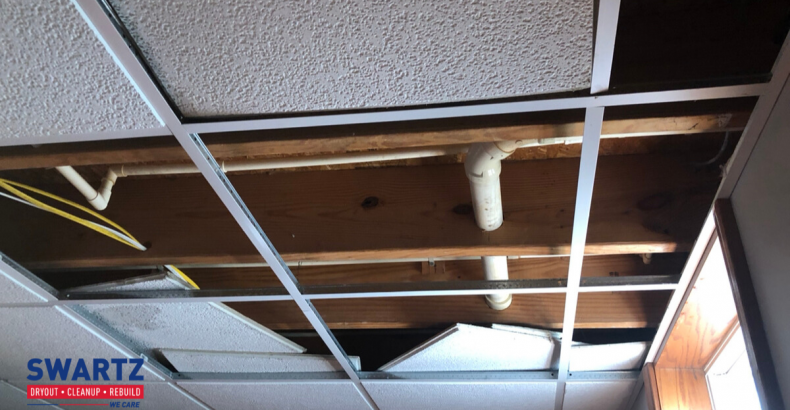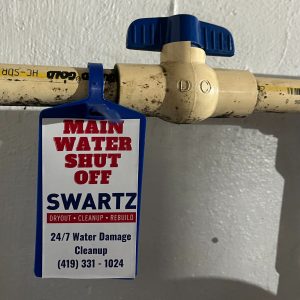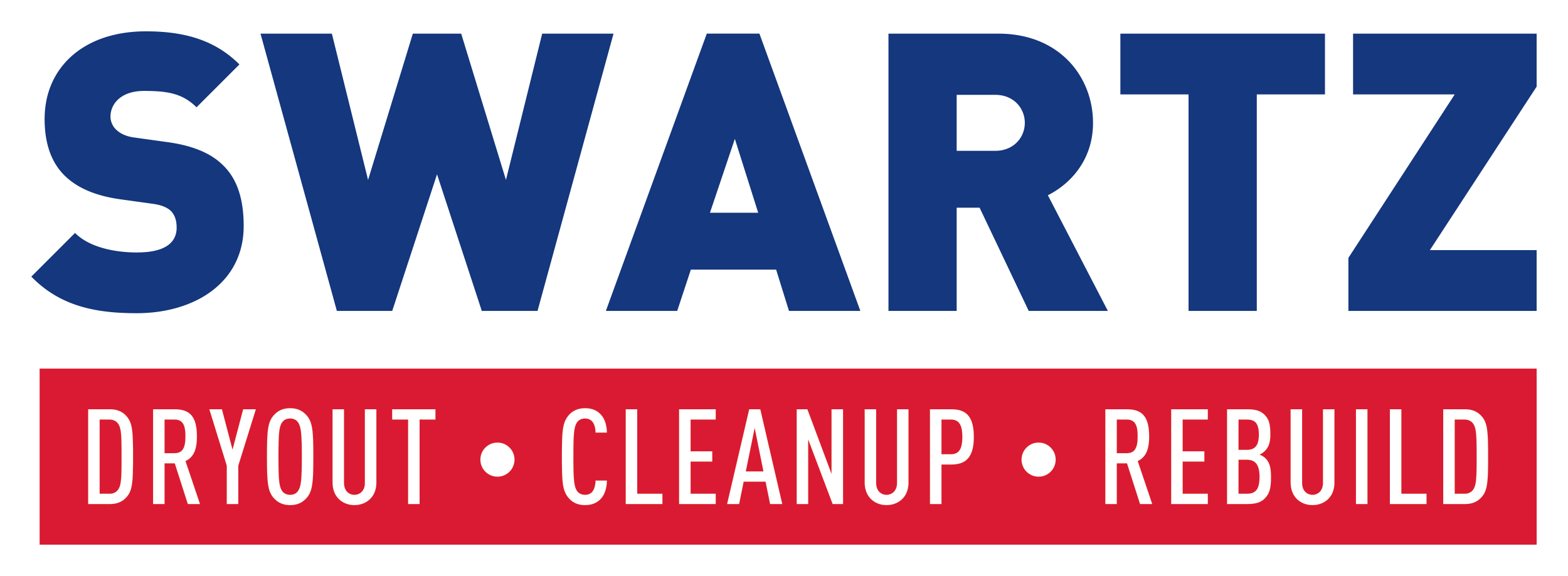
Preventing Frozen Pipes
The Cold is Coming!!!
This weekend and early next week in our area is about to experience some very cold temperatures. We often find ourselves bracing against the cold, trying to keep it out of our warm coats. We can do a few things in the next 24 hours to brace our homes against the cold.
This cold snap makes me think back to Christmas Eve 2023, with the super cold temps causing water leaks in many homes in the area. That following week we had a major influx of calls as home owners discovered water leaking from a pipe that had frozen, expanded, and cracked.
It’s not a pretty situation, and we don’t want it to be YOU who calls because of not being prepared. Here are 7 quick tips to help you prevent frozen pipes this weekend.
7 Quick Tips for Preventing Frozen Pipes
1. Insulate Exposed Pipes
- Wrap pipes with insulation sleeves or heat tape, especially if those pipes are located in an unheated area like a basement, attic, or crawl space.
2. Keep a Consistent Temperature
- Maintain a consistent temperature in your home, especially during very cold nights. Even if you go away, don’t set the thermostat too low.
3. Allow Faucets to Drip
- On extremely cold nights, allow faucets to drip slowly. This is most important for water lines located along an outside wall! Moving water is less likely to freeze.
4. Open Cabinet Doors
- Open cabinet doors under sinks to allow warm air to reach the pipes.
5. Seal Leaks and Cracks
- Identify and seal any gaps or cracks in walls, the foundation, and around windows and doors, where cold air could reach pipes. If you can stop the cold air from coming in, it can’t hurt the pipes.
6. Disconnect Outside Hoses and Lines
- This should have been done before this point, but in case you neglected it, now’s the time for it. Disconnect and drain outdoor hoses, and shut off outdoor water valves. Also drain any sprinkler and irrigation systems. if water is inside the hoses, the water will freeze, making the hose expand, and it could create a crack which will let water leak out when used next.
7. Know Your Shut-Off Valve
- Familiarize yourself with the location of your main water shut-off valve. Knowing this can help minimize damage if a leak occurs. If you would like a FREE tag to help you quickly identify your water shut-off valve, reach out here.
Now that you know how to prevent your pipes from freezing this weekend, what do you do if you still discover water damage in your home?
Check out our article Action Steps for a Leaking Pipe, to help you know how to take action.
